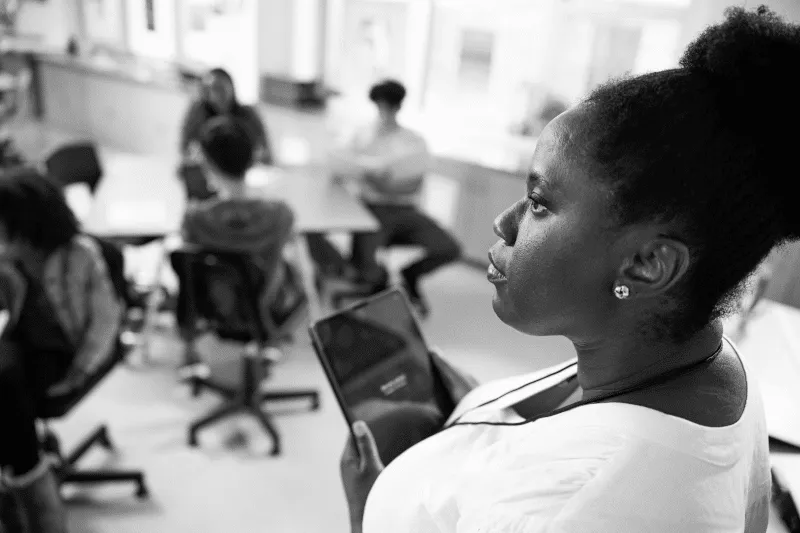Ely St Marys CE Junior School has been using Accelerated Reader and Star Reading since 2010 to support the school’s reading development strategy.
In February 2023, we discovered that the Ely St Marys CE Junior School pupils had read more than 178 million words throughout the 21/22 academic year.
Following this incredible statistic, we contacted Assistant Headteacher, Rebecca, to find out how much reading goes on at Ely St Mary’s CE Junior School and how Accelerated Reader and Star Reading support the school’s whole-school reading culture.
Rebecca writes:
“Accelerated Reader also allows us to identify children who may need additional support with their reading.”
At Ely St Mary’s, we aim to foster a life-long love of reading. We are passionate about developing a reading culture where students read for pleasure, as we know that reading impacts their access to all areas of the curriculum.
We think carefully about our book choices and use Accelerated Reader to help us monitor children’s reading habits. Accelerated Reader also allows us to identify children who may need additional support with their reading. Teachers are given a copy of the diagnostic report each week to check in with children who are ‘flagged’ on the system. Those children not building up enough reading miles can read daily with an adult or once a week with one of our community reading volunteers. Children flagged as reading regularly but achieving low scores on book quizzes are also identified for regular one-to-one reading, and some will receive more structured small-group reading interventions.
“Star Reading scores also form part of our baseline assessment for reading interventions, allowing us to re-assess at the end of an intervention program and measure improvements in reading age.”
Children’s reading comprehension skills are baselined once every half term using Star Reading alongside other termly academy assessment processes. Children are given their Zone of Proximal Development score and use this as a guide to select their reading books. Star Reader scores also form part of our baseline assessment for reading interventions, allowing us to re-assess at the end of an intervention program and measure improvements in reading age.
“Each week, we share the number of words read by each class and identify children who have read a total of 1 million words or more.”
Each week, we share the number of words read by each class and identify children who have read 1 million words or more. These ‘word millionaires’ are presented with a certificate of achievement in our celebration assembly.
We have worked hard to build a collection of high-quality reading texts that introduce our children to various genres and authors. This year, we moved to a class library system rather than keeping our books in a single library space. Teachers carefully select books for class libraries to provide challenge and interest. In this way, children are introduced to stories from other cultures, a balance of modern and archaic texts, and non-fiction texts that support our topic learning. In addition, several critical texts from each class library are added to a Reading Passport, and children are encouraged to make these a priority read.
In addition to our class libraries, we have a bridging library for children transitioning from supported phonics to independent reading. We have chosen a range of dyslexia-friendly short-chapter and non-fiction books on the Accelerated Reader system. In our entrance hall, we have used the ‘Little People, Big Lives’ series to build an aspiration library, which introduces children to inspirational world figures. These books are shared during assemblies and provide good links with many of our foundation subjects. They also lead to some great discussions about career aspirations.
Click here to find out how your school can utilise Renaissance reading solutions to support your whole-school reading culture.
